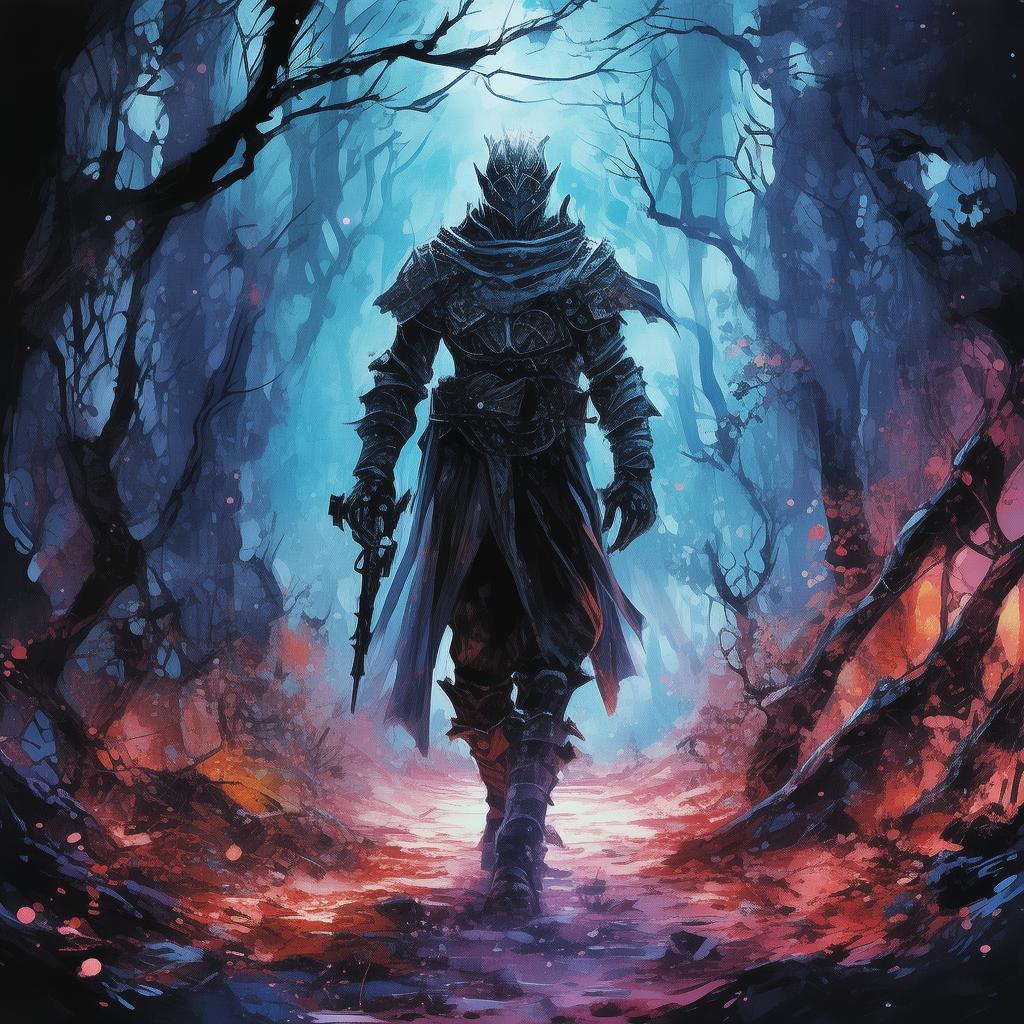The Whispering Shadows of Tzintzuntzan
In the shadowed heart of Tzintzuntzan, where the mountains meet the sky, there lay the remnants of an ancient city, a place where the veil between the world of the living and the world of the dead was as thin as the breath of a sleeping child. Here, in the ruins of the Aztec capital, there was a legend that spoke of a scribe named Xochitl, whose pen was the key to unlocking the mysteries of the underworld.
Xochitl was no ordinary scribe; her father had been a chronicler of the gods, a man who had seen the whispers of the spirits in the wind and the secrets of the earth in the stones. Her father had taught her that the world was a tapestry woven with threads of life and death, and that within the fabric of this tapestry lay the power to control the fate of nations.
One crisp morning, as the sun rose like a golden god over the ruins, Xochitl found herself in the depths of the Tzintzuntzan temple, her fingers tracing the carvings of the ancient gods. It was there, in the heart of the temple, that she discovered a hidden chamber, its entrance veiled by a tapestry of the night sky.
Curiosity piqued, Xochitl pushed aside the tapestry and stepped into the chamber. The air was thick with the scent of the earth and the whisper of the ages. In the center of the room stood a pedestal, upon which rested a pencil unlike any other. The pencil was black as the void, and its tip glowed with an inner light. It was said that this was the Pencil of the Underworld, the instrument through which the gods themselves had recorded the secrets of the dead.
Xochitl reached out, her fingers trembling with the weight of her destiny. As she took the pencil, a voice echoed in her mind, a voice that spoke of forbidden knowledge and the fate of her people. "You have been chosen," the voice said, "to wield the power of the Pencil of the Underworld. But beware, for with great power comes great responsibility."

The voice spoke of a prophecy, a tale of a great darkness that was rising from the depths of the earth, a darkness that threatened to consume the world of the living. It was a darkness that could only be banished by the scribe who could read the words of the gods and write the truth of the underworld.
Xochitl knew that she had to act quickly. She turned to leave the chamber, but as she did, the floor beneath her feet began to tremble. The walls of the temple shook, and the carvings of the gods seemed to come alive, their eyes boring into her soul. She turned back to the pedestal, to the Pencil of the Underworld, and knew that she had to face the darkness within her own heart.
With the pencil in hand, Xochitl began her journey through the shadows. She traveled through the ancient ruins, her path illuminated by the pencil's inner light. She encountered spirits of the dead, each one a story of loss and sorrow, each one a piece of the puzzle that she needed to solve.
As she journeyed deeper into the heart of the underworld, Xochitl encountered her own fears and doubts. She saw the face of her father, a man who had loved her deeply but had also been consumed by the knowledge of the gods. She saw the face of her own reflection, a scribe who was both a vessel of knowledge and a target for the darkness.
The climax of her journey came when she stood before the Great Mother, the goddess of life and death. The Great Mother spoke to her of the darkness that threatened to consume the world, and of the need for a scribe to write the truth of the underworld to banish the darkness.
Xochitl took the pencil and began to write, her words flowing like the river of life itself. She wrote of the gods, of the spirits, of the people, and of the darkness that threatened to consume them all. As she wrote, the darkness began to recede, and the world of the living began to heal.
In the end, Xochitl returned to the world of the living, her heart heavy with the weight of her journey but also filled with the knowledge that she had saved her people. She placed the Pencil of the Underworld back upon the pedestal, and the temple once again fell silent.
The whispers of the spirits continued to echo through the ruins, a testament to the power of the scribe and the truth of the underworld. And so, the legend of Xochitl and the Whispering Shadows of Tzintzuntzan was born, a tale that would be told for generations to come.
✨ Original Statement ✨
All articles published on this website (including but not limited to text, images, videos, and other content) are original or authorized for reposting and are protected by relevant laws. Without the explicit written permission of this website, no individual or organization may copy, modify, repost, or use the content for commercial purposes.
If you need to quote or cooperate, please contact this site for authorization. We reserve the right to pursue legal responsibility for any unauthorized use.
Hereby declared.









